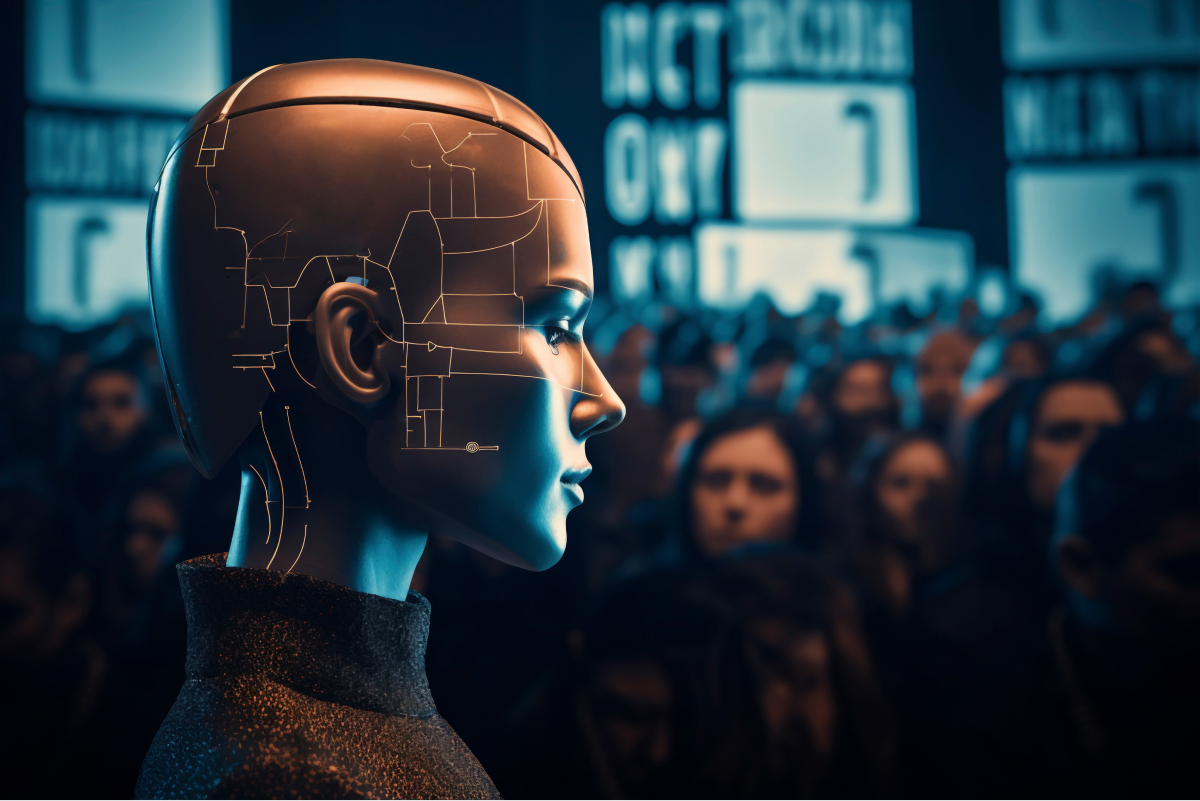
Building a Thriving Home Business Without Traditional Loans 🏠🚀
Starting and growing a home business without relying on traditional loans may seem challenging, but it’s entirely possible with the
Artificial Intelligence (AI) is no longer just a buzzword—it’s a fundamental force transforming multiple sectors. One of the most visible and immediate impacts of AI is manifesting in the realm of robotics and automation. From manufacturing floors to data centers, implementing intelligent, automated systems is revolutionizing how businesses operate. In this guide, we’ll explore how AI-powered robotics and automation are shaping the industry, what challenges lie ahead, and what business leaders should be considering now to prepare for the future.
AI in Manufacturing: Beyond the Assembly Line
Traditionally, robotics in manufacturing have been restricted to repetitive tasks such as welding, painting, and assembly. However, the integration of AI algorithms has drastically expanded the capabilities of these machines. With machine learning, robots can adapt to changing conditions without being explicitly programmed. They can handle complex tasks like quality inspection, sorting, and customized manufacturing. These ‘smart’ robots can significantly reduce production time and costs while also increasing the overall efficiency and quality of the manufacturing process.
Data Centers: The Silent Revolution
It’s not just the factory floors that are benefiting from AI; data centers are also experiencing a silent revolution. Automated cooling systems powered by AI algorithms can significantly reduce energy consumption, lowering operational costs. Meanwhile, machine learning algorithms can detect anomalies or security threats in real-time, allowing for immediate intervention and reducing risk. Automating these processes frees human capital to focus on more strategic, creative tasks.
Transportation and Logistics: The Next Frontier
One of the sectors ripe for AI-induced transformation is transportation and logistics. Automated drones and self-driving vehicles are on the verge of becoming mainstream. These AI-powered systems can optimize routes in real-time based on various factors such as traffic conditions, weather, and package priority, leading to more efficient delivery systems. The data gathered from these operations can also refine the algorithms further, creating a continuous improvement cycle.
Ethical and Employment Considerations
While the rise of AI in robotics and automation offers exciting possibilities for efficiency and innovation, it also presents ethical and employment challenges. The most obvious is job displacement. Automation can often perform tasks faster and more accurately than humans, leading to concerns over job losses and income inequality. Industries must navigate this delicate balance by possibly retraining employees to manage or work alongside these automated systems.
Final Views: Preparing for an Automated Future
As AI continues to evolve and become more sophisticated, its impact on industry through robotics and automation will only grow. While this brings along many benefits, such as increased efficiency and potentially lower costs, it also ushers in challenges that need to be thoughtfully addressed. Companies must not only invest in the right technology but also consider the broader impact, including workforce adjustments and ethical considerations. Preparing for this future will require a holistic approach beyond simply adopting the latest technologies; it will require a nuanced understanding of the intricate interplay between machines and humans in the industrial landscape.

Starting and growing a home business without relying on traditional loans may seem challenging, but it’s entirely possible with the

Artificial Intelligence (AI) is revolutionizing the business landscape, driving growth, and creating unprecedented opportunities across various industries. AI transforms how

Scaling a home business might seem daunting, especially with a limited budget. However, you can grow your business without breaking
No account yet?
Create an AccountBe the first to learn about our latest information and get exclusive offers
Will be used in accordance with our Privacy Policy
